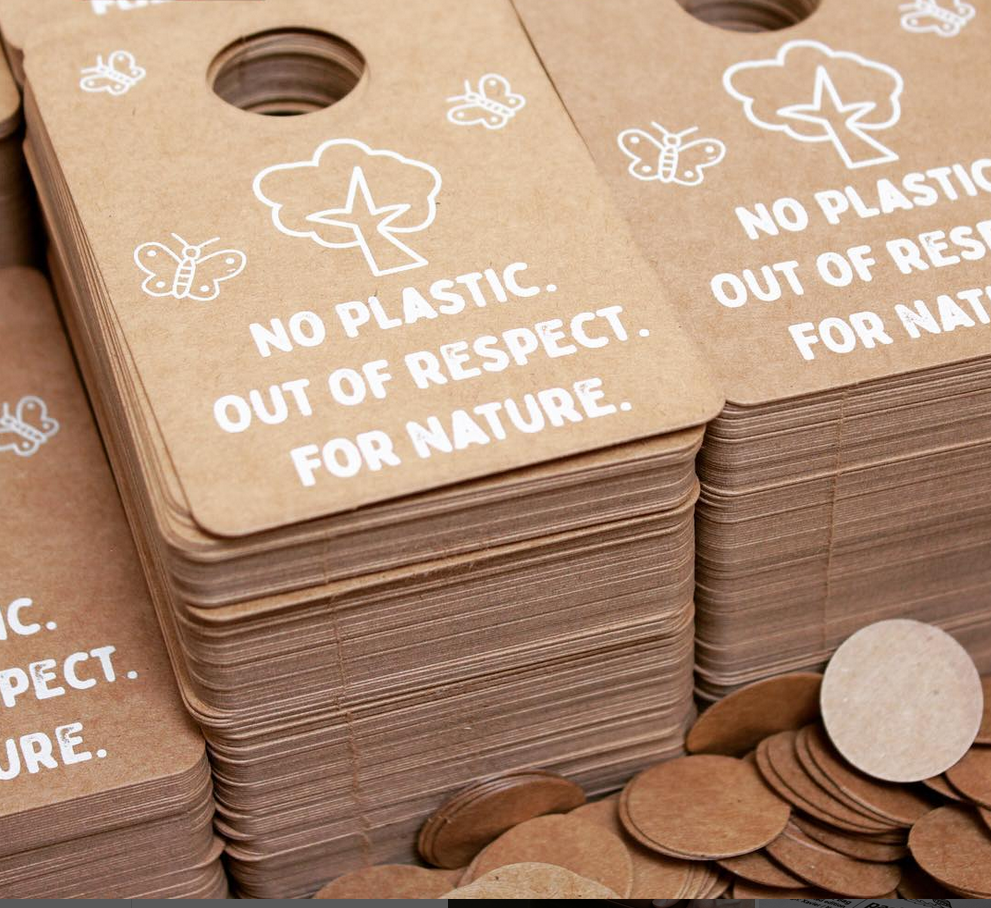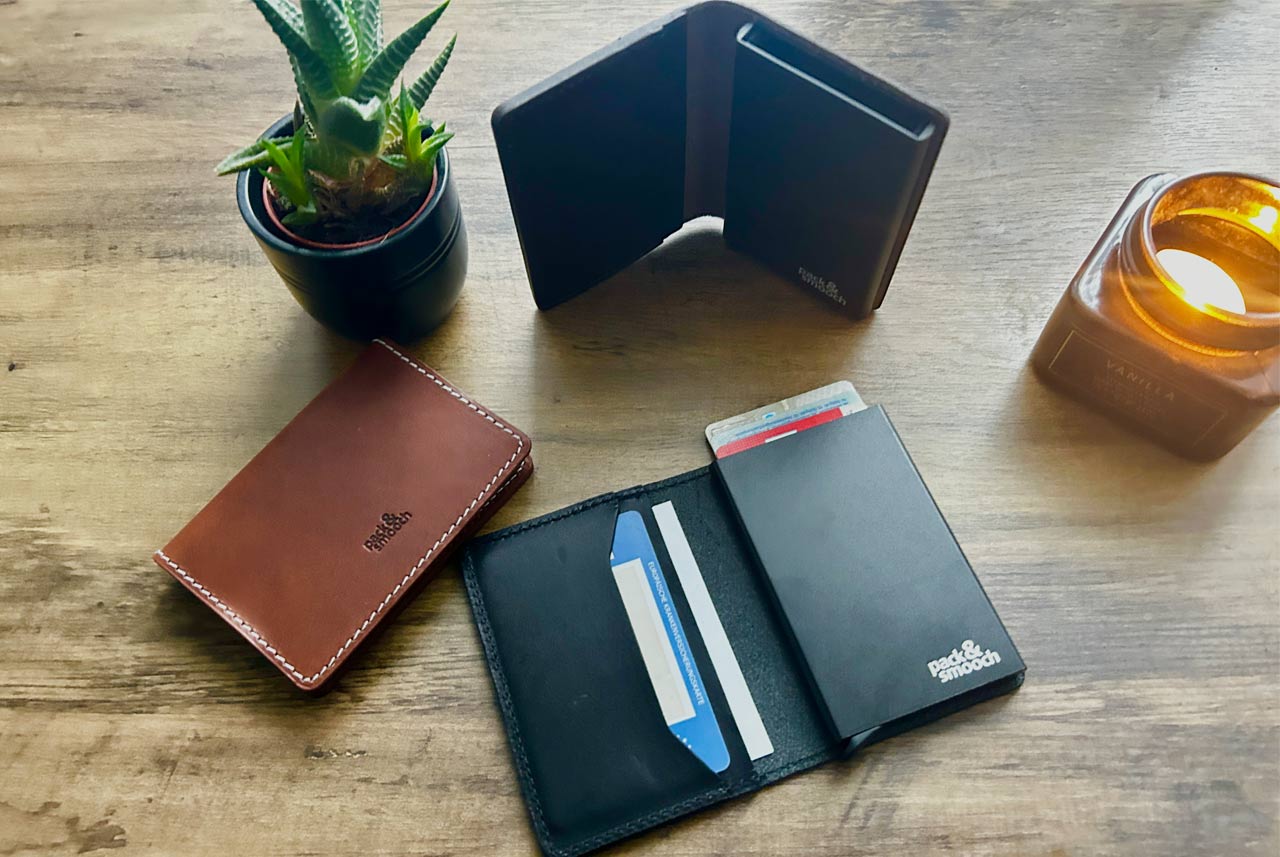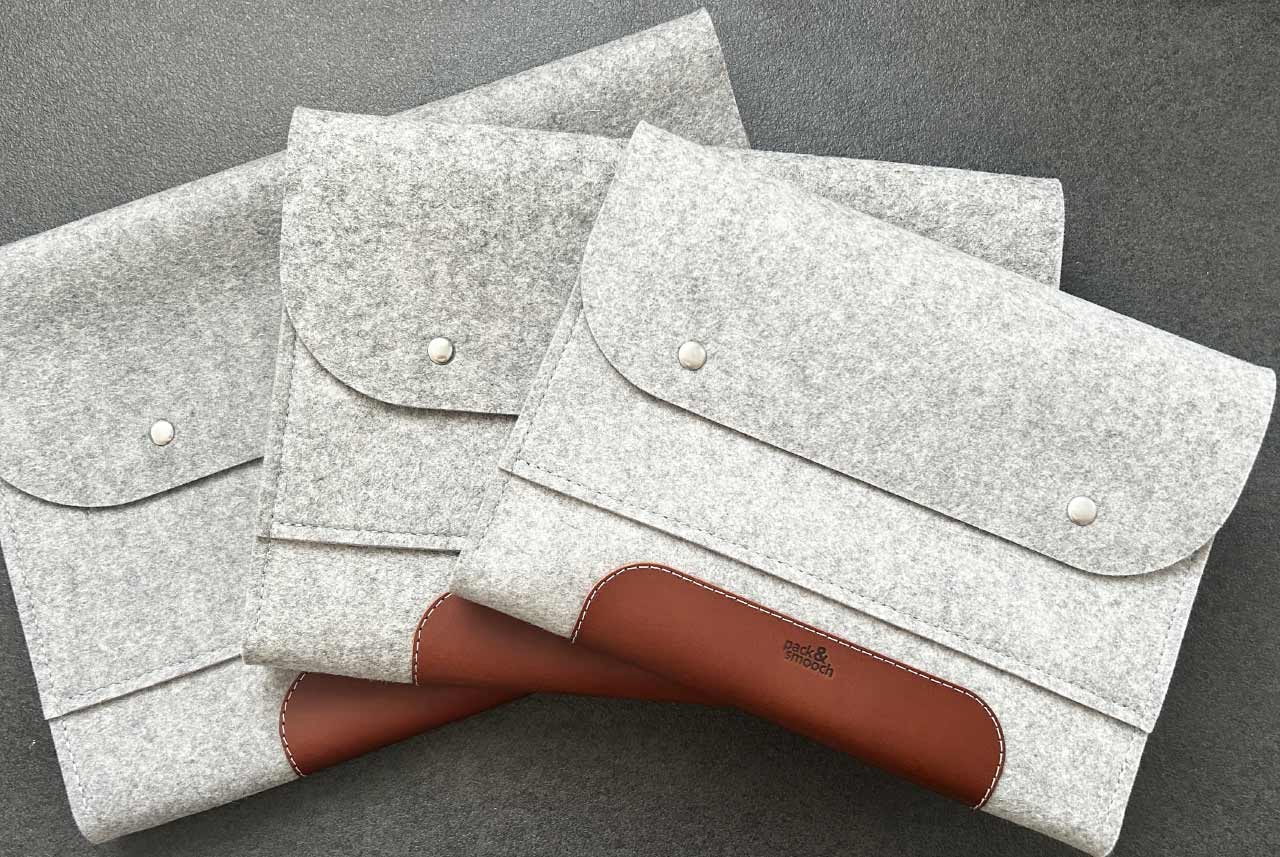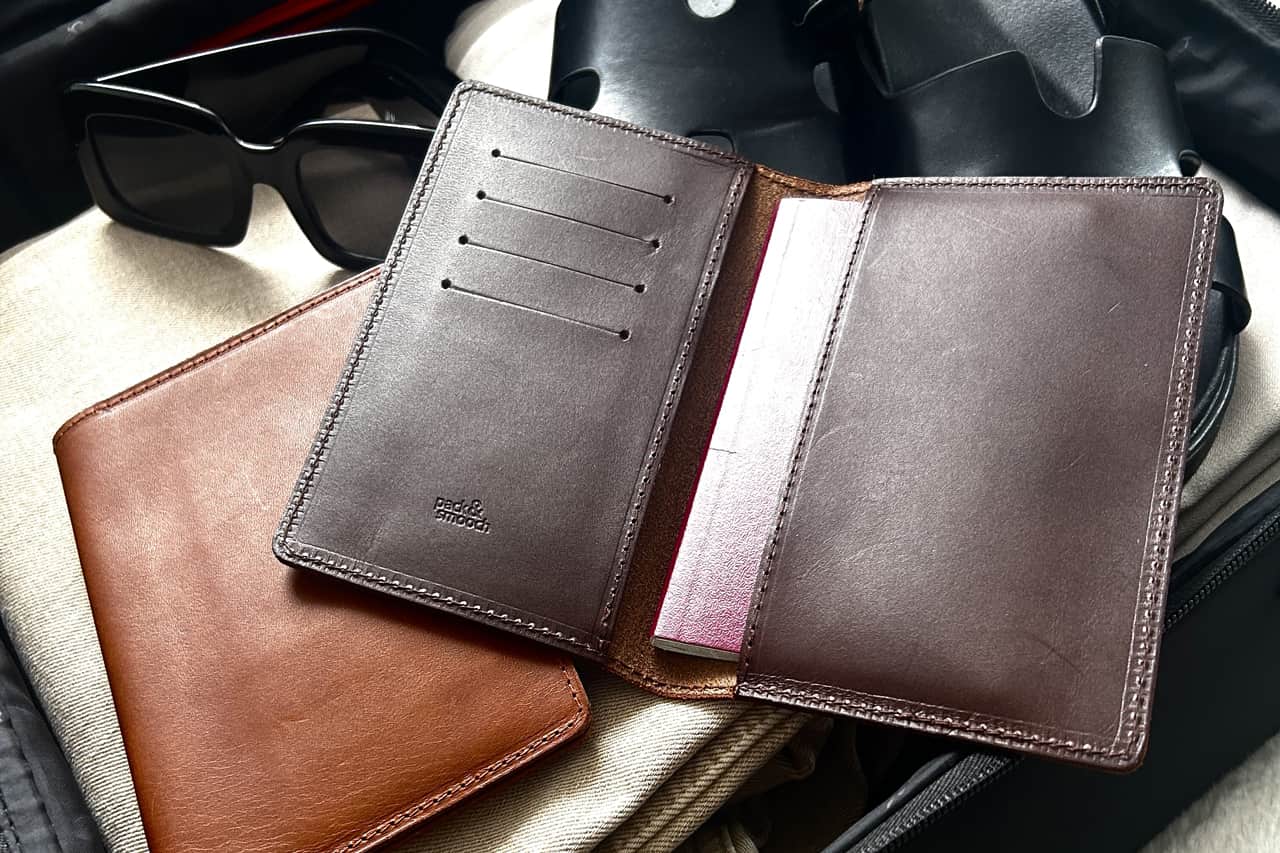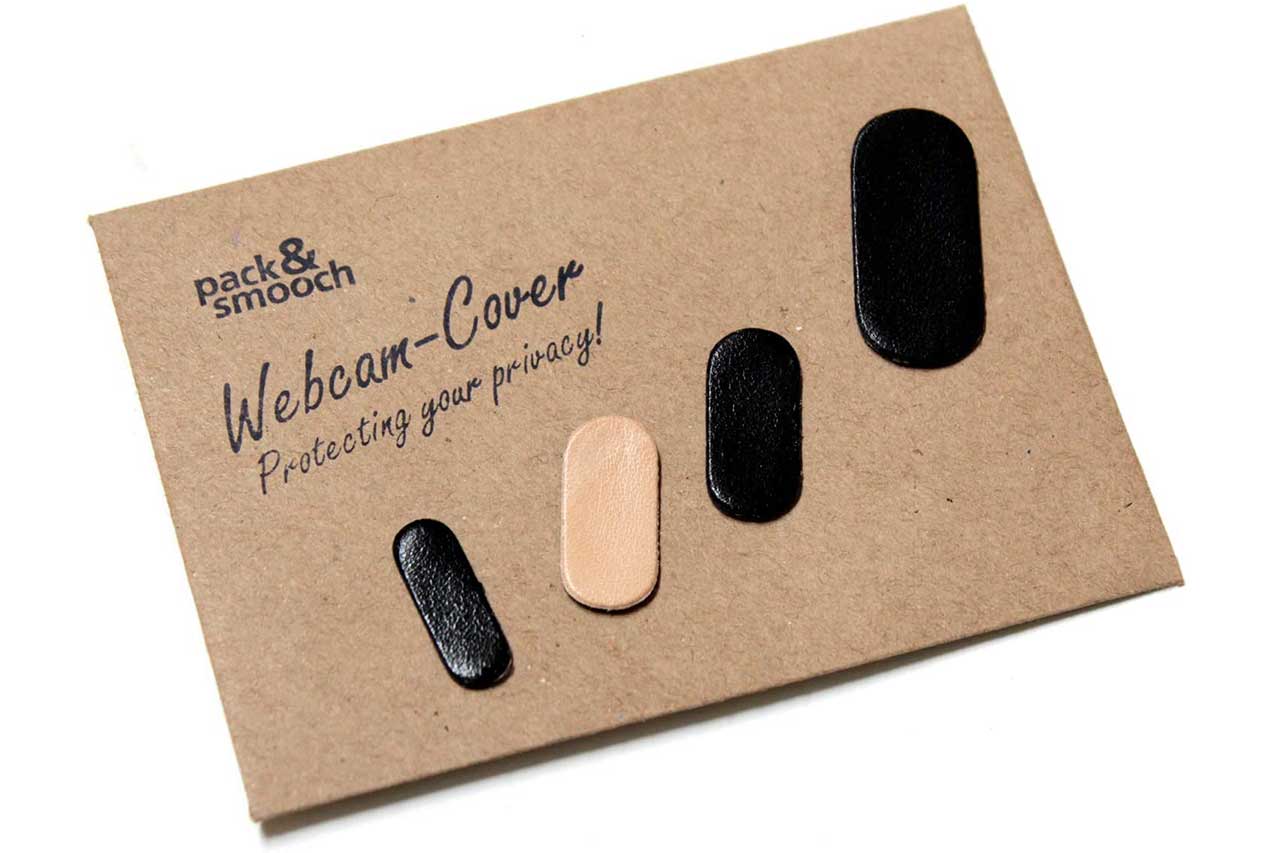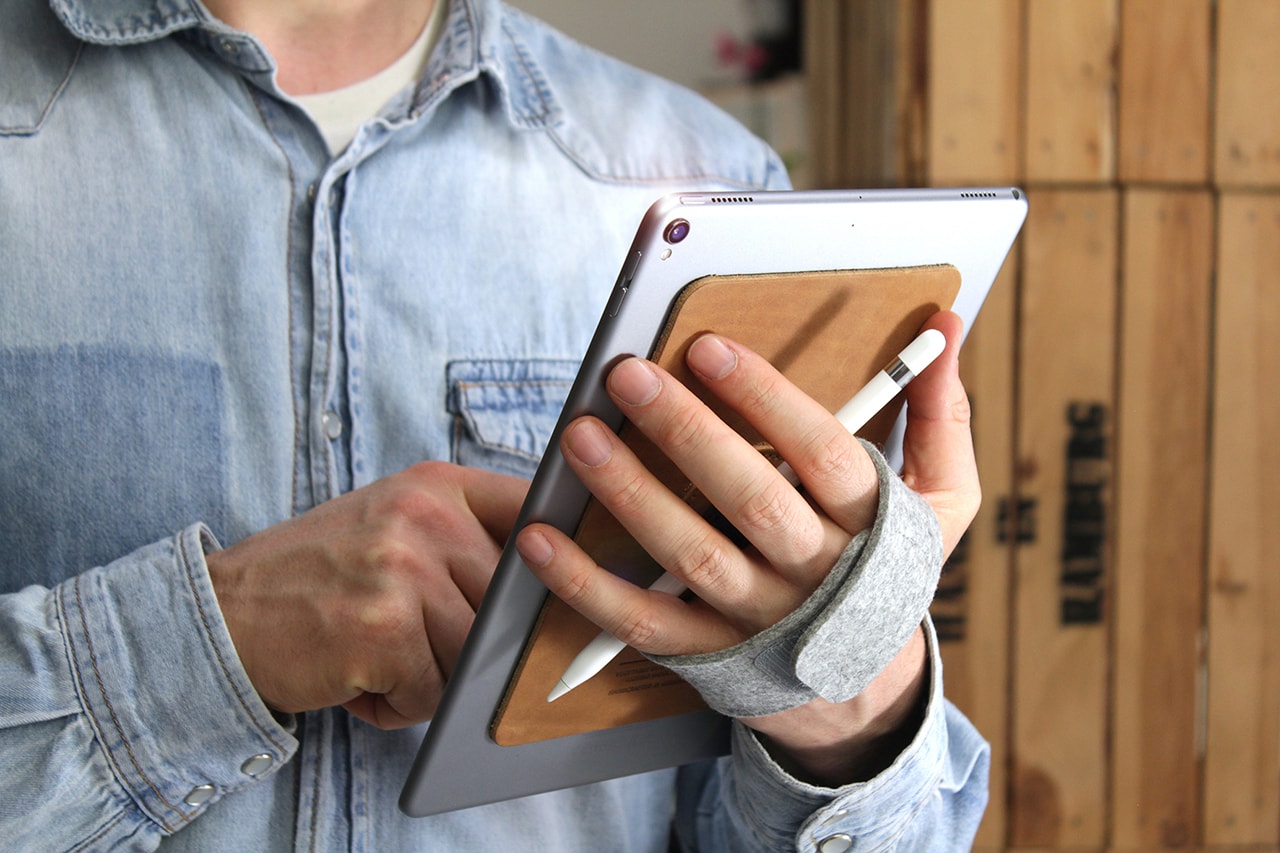Avoiding Plastic in Everyday Life: How Small Steps Can Make a Big Difference
Avoiding Plastic in Everyday Life: How Small Steps Can Make a Big Difference
God damn it – it’s really everywhere, isn’t it? Microplastics. Each of us contributes to this daily, whether consciously or unconsciously. Take, for example, our daily laundry: Every time we wash clothes that contain synthetic fibers, tiny fibers are released into the wastewater, which flows into our rivers, lakes, and eventually the oceans. There, they not only harm the environment but also enter the food chain – and ultimately, our bodies.
This needs to be clear to all of us! We must immediately stop consuming products that contain plastic and synthetic materials – especially those that are invisible but still so dangerous. Every decision we make as consumers impacts the world around us. Fortunately, there are numerous alternatives that help us reduce or completely eliminate plastic consumption. At Pack & Smooch, we have consciously decided against plastic and instead use natural, sustainable materials. In this blog post, we’ll show you how you can avoid plastic in your daily life – and why it’s worth it!
Why Plastic is a Problem
Plastic may be practical and cheap, but the environment pays a heavy price for it. Millions of tons of plastic waste end up in the oceans every year, endangering marine life and destroying ecosystems. Since plastic degrades very slowly, it can remain in nature for centuries. Additionally, the production process of plastic releases harmful chemicals that are dangerous to both humans and animals. Particularly microplastics, which are formed from the breakdown of larger plastic pieces, pose a growing threat as they enter the food chain – and ultimately, our bodies.
"Every washing machine that washes clothes with synthetic fibers contributes to this. Tiny fibers are released and end up in the ocean – and ultimately in our food. This needs to be clear to all of us!" – Matthias Burkert, Managing Director and Co-Founder of Pack & Smooch.
How to Avoid Plastic in Everyday Life
Fortunately, there are many ways to avoid plastic in everyday life and switch to more sustainable alternatives. Here are some simple tips:
1. Reusable shopping bags: Avoid single-use plastic bags and opt for cloth bags or baskets. They are durable and can be reused again and again.
2. Glass or stainless steel bottles: Single-use plastic bottles are not only harmful to the environment but also expensive. Invest in a reusable glass or stainless steel bottle – it reduces waste and keeps your water fresher for longer.
3. Beeswax wraps instead of plastic wrap: To cover or wrap food, beeswax wraps are a great alternative to plastic wrap. They are not only sustainable but also reusable.
4. Packaging-free stores: More and more zero-waste stores offer the possibility of buying groceries and household products without plastic packaging. Bring your own containers and avoid unnecessary waste.
5. Natural fibers instead of synthetic fibers: For clothing, bags, and accessories, it’s worth opting for natural materials like cotton, wool, or wool felt. Synthetic fibers are often plastic-based and release microplastics during washing, which enter the environment through wastewater. Note: Felt is usually made from plastic. If someone offers real felt, they will call it wool felt or describe it as being made from natural materials. The price is a clear indicator: A natural material like merino wool felt cannot be sold at a bargain price. Textile labeling requirements on the product will clearly show what material is being used.
6. Soap and shampoo bars: Liquid soaps and shampoos often come in plastic bottles. Instead, opt for solid soap and shampoo bars, which are often available in paper or entirely packaging-free.
Our Philosophy: Sustainability Without Plastic
At Pack & Smooch, we have consciously chosen a plastic-free production process. Our products are made from high-quality natural materials such as merino wool and vegetable-tanned leather. These materials are not only durable and environmentally friendly but also stylish and functional. When it comes to packaging, we consistently choose sustainable alternatives: Instead of plastic packaging, we use only recyclable and biodegradable materials.
"From the beginning, we wanted to make a statement – not just with our products, but with our entire production process. Plastic is not an option for us. There is always an alternative if you truly want it." – Matthias Burkert, Founder of Pack & Smooch.
Plastic Can Almost Always Be Replaced
The challenges of avoiding plastic are significant, but the solutions are often closer than you think. Whether at home, in the office, or on the go – with a little rethinking and the willingness to try sustainable alternatives, plastic can be replaced in many areas. At Pack & Smooch, we are committed to this path because we believe: If you truly want to avoid plastic, you will almost always find an alternative.
"Our decision to avoid plastic is a conscious step towards the future. We believe that sustainability doesn’t have to be complicated – it’s more a matter of willingness. Our products and packaging prove that you can be stylish, high-quality, and environmentally conscious at the same time." – Matthias Burkert.
But What About the Exceptions?
We are honest: we are not perfect yet. Currently, we still use metal buttons and recycled thread in some products. But even here, we are continually looking for better, more sustainable alternatives. We promise to keep improving and optimizing our materials – because we believe that true sustainability is a journey we all take together.
What You Can Do
Each of us can actively do something to reduce plastic consumption. By consciously choosing plastic-free alternatives, you contribute to driving change. You are not only supporting companies like ours that stand against plastic but also setting an example for a more livable future without microplastics in the oceans and our food.
So, let’s act together – for our environment, our health, and the future of our children. If you really want to, you can almost always find an alternative to plastic. Let’s take the first step toward a plastic-free future together!

